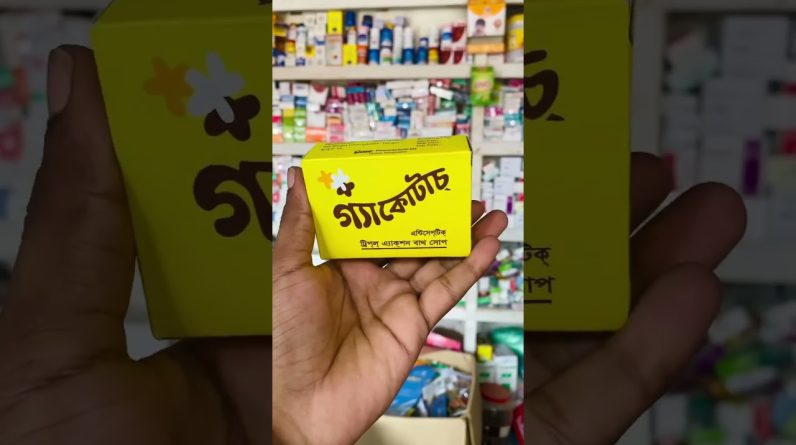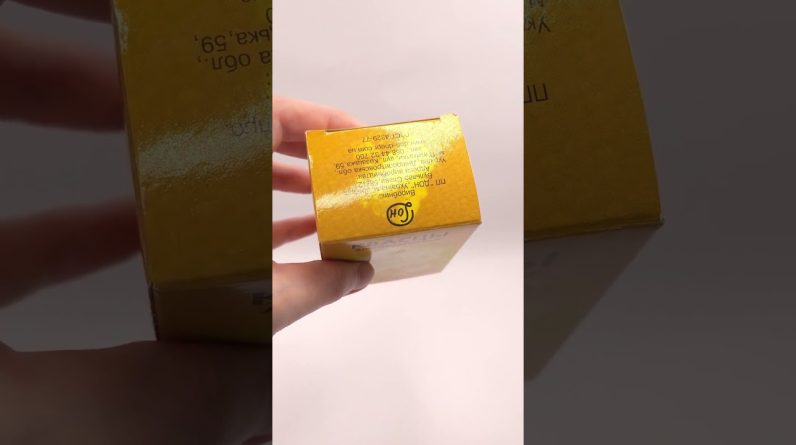Psoriasis is a chronic inflammatory condition that affects the skin, the scalp and nails and affects about 1 to 2% of the population. This condition has shown to have autoimmune basis according to recent research. However it is a multifactorial condition that is affected by genetic factors, hereditary factors and several environmental factor. It can be triggered by seasonal changes by medication, pregnancy, stress and even day to day exposures that we come across. Psoriasis can be chronic or disabling because it is characterized by reddish patches that involves the scalp, the face and commonly affects the skin over the joints. We make it a point to understand the detailed history as well as the course of the treatment the patient has previously had from the time the diagnosis of psoriasis has made. Infact the patient has taken multiple months or years of treatment and moved from one doctor to another and one system to another or alternative medications. This often leaves the patients depressed and frustrated. It is important to treat the patients according to the age, the severity of the symptoms and the according to the need. I would offer system treatment for psoriasis only when it is needed. Psoriasis can be treated with multiple medication including creams, light treatment or phototherapy as well as oral drugs and injectable drugs. These are based on the severity of the condition. First of all psoriasis is not contagious condition. It is important for family members and friends, all colleagues to treat all the psoriatic disease wit utmost love and care. Psoriasis does not have a cure. However a psoriatic patient can lead a normal life because the symptoms can be controlled with treatment. Also the disease may go into a remission for weeks, months or even years.
source







